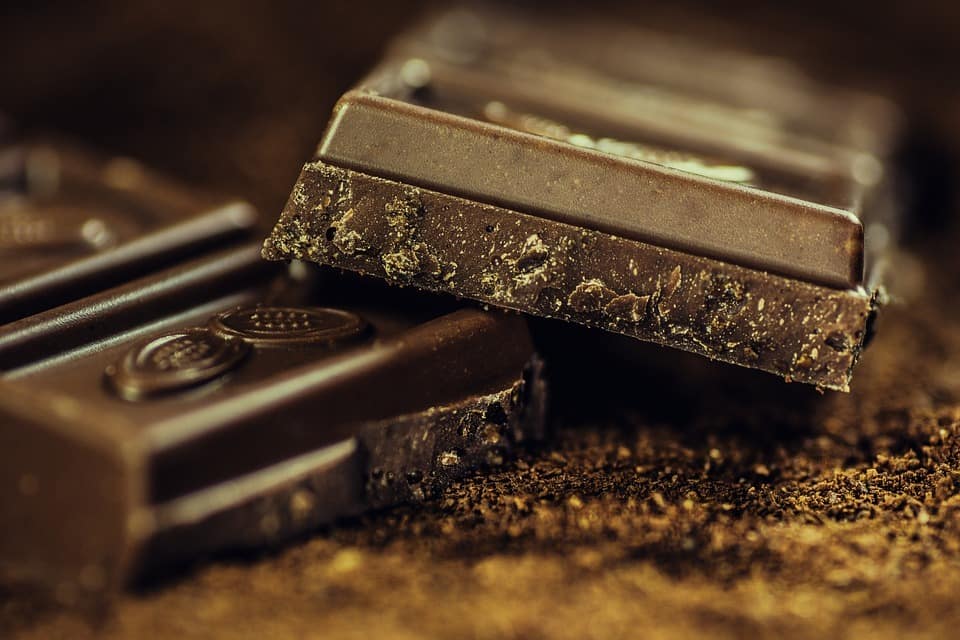Contents:
- Medical Video: 10 Healthy Tips to Improve Your Digestive System
- 1. The digestive tract in the fetus is still very clean
- 2. Gastric acid can make the skin burn
- 3. You have detergent or cleansing soap in the stomach
- 4. Farting odors caused by bacteria in the intestine
- 5. The stomach is the second brain of humans
- 6. Saliva maintains oral health
- 7. Food does not require gravity to make it enter the stomach
Medical Video: 10 Healthy Tips to Improve Your Digestive System
All foods that enter the body will be digested and processed in various organs of the digestive system. Maybe without you realizing it, the digestive system that you have is always working at all times even though it is not a meal schedule. The digestive system actually has two main functions, namely, changing food into nutrients needed by the body and cleansing the body of substances that are no longer used. To perform this task the digestive system has various organs that have their respective duties, namely the mouth, throat, stomach, small intestine, large intestine, rectum, and anus.
Maybe you already know that the human intestine is very long. But as long as what? Don't be surprised if your small intestine is decomposed and can then fill a tennis court that has an area of about 260 square meters. There are still many other interesting facts about the digestive system, including the following:
1. The digestive tract in the fetus is still very clean
Bacteria are the main occupants of the human digestive tract. There are many types and numbers of bacteria that live in the intestine and help the body's digestive system. But it turns out that this bacterium does not yet exist when you are still in the womb of the mother. When in the womb, all the digestive tract is very clean, bacteria begin to appear when the birth takes place and the days after birth.
READ ALSO: Diseases that can be passed down from a parent to a fetus
2. Gastric acid can make the skin burn
The stomach produces stomach acid which is responsible for breaking down the food that enters and makes it break down so that it is easily digested. At least 2 liters of stomach acid is produced per day. Do you know it turns out it's so acidic, stomach acid can cause the surface of your skin to burn. Then, why does the stomach stay fine and not burn due to the stomach acid produced?
This happens because the stomach has a thick mucus layer that serves to protect the stomach surface and prevent stomach acid from moving to other parts of the body. Sometimes, too much stomach acid produced by the body can rise until the actual esophagus does not have a thick layer of mucus like the stomach. This condition creates feelings like burning and heat in the esophagus and stomach (heartburn).
READ ALSO: 10 Foods That Often Trigger Stomach Acid Problems
3. You have detergent or cleansing soap in the stomach
In fact, in your digestive system, bile acids are considered detergents or cleansing soaps in the body. Bile acid is a liquid produced by the liver. Without this ‘detergent’, you cannot digest and absorb the fat in the food that enters the body. The workings of bile acids are the same as detergent, which is ‘cleanse 'the incoming fat mixed with the liquid and then metabolized by the enzyme and then absorbed into the blood vessels.
READ ALSO: Where Does Body Fat Come From?
4. Farting odors caused by bacteria in the intestine
Farting is a normal thing that happens to everyone. When you eat or drink something, you also unconsciously swallow the surrounding air. This gas from the air that enters through the mouth then farts. Basically, the smell of fart varies from person to person. Farting turns out to be produced by good bacteria in the intestine. When food enters the intestine, the bacteria responsible for digesting, breaking down, and absorbing nutrients from these foods.
The process of digesting food made by these bacteria makes the bacteria produce acids and acids that make fart smell. The harder the bacteria work in digesting food, the more acid is produced. So, the fart that comes out will be more smelly.
READ ALSO: 3 Causes of Excessive Farts to Watch Out for
5. The stomach is the second brain of humans
Apparently, humans don't only have one brain. The intestine is also called the second human brain because the intestine can detect what you are feeling and affect a person's cognitive abilities. Actually, there are good bacteria in the intestine that are directly related to the brain. When you feel stressed or tense, the brain will stimulate good bacteria in the stomach and eventually develop sudden nausea and heartburn.
READ ALSO: Someone's Intelligence Turns Out To Be Affected By His Intestine
6. Saliva maintains oral health
Saliva is produced by saliva glands as much as 1.2 liters per day. This saliva is protective, because it has a role to kill bacteria in the mouth. In addition, saliva also contains enzymes that are useful for breaking down food that enters the mouth. In fact, saliva also contains calcium and phosphate which serves to maintain tooth strength.
READ ALSO: 3 Natural Recipes for Whitening Yellow Teeth
7. Food does not require gravity to make it enter the stomach
When you eat something, the food does not easily enter and fall into the stomach, because in this case gravity does not apply. The muscles in the throat do squeeze movements that aim to push food into the stomach. This movement is called peristalsis. Even if you eat upside down or are in space - there is no gravity at all - food can still enter the body.
READ ALSO: 10 Foods to Overcome Large Fluid Difficulties












